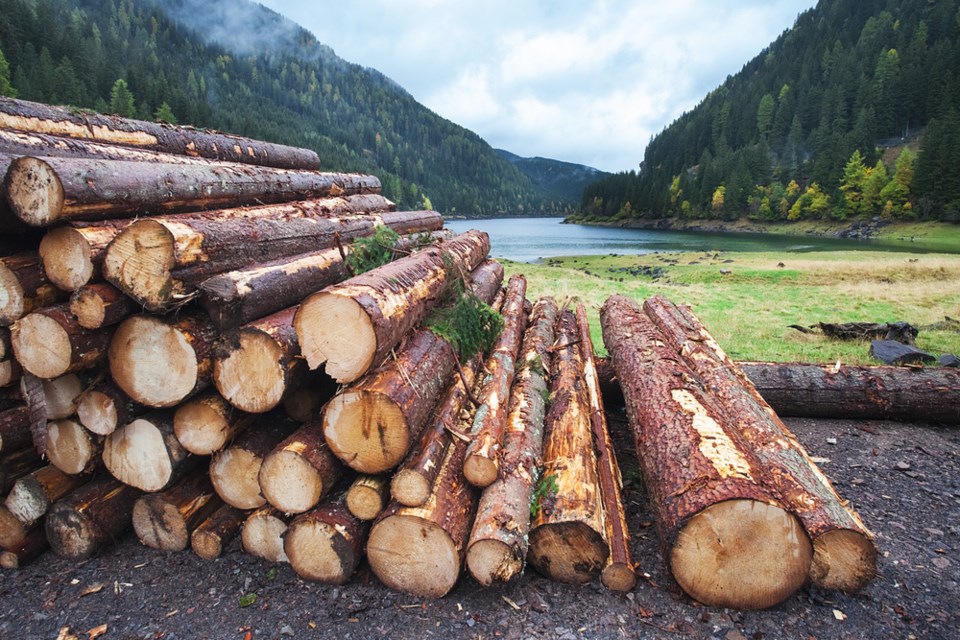Watching recent news, one might think the NDP’s logging deferrals were the death knell of the logging industry. The Council of Forest Industries, who won the media’s attention, cried foul chastizing the NDP decision saying it will “have a profound and devastating impact” on forest communities. They somehow fail to mention that decades of centralization, automation, and fancy machines are the real job killers. Interestingly, licensees are expected to voluntarily defer cutting these areas; they aren’t definitive no-go zones.
Despite the mass acreage, which should be celebrated as a huge green victory, for the most part B.C.’s deferral entirety consists of postage stamp plots of old forest. Isn’t that what us greenies wanted - pushing that they enact the Old Growth Panel’s plan? Yeah, but this isn’t really doing that. The fact is, what we really expect is a fair and just transition away from logging and destroying the greater ecosystems of their foundational element: big old trees. What we, and most British Columbians, wanted was a transition toward maintaining ecosystem health.
The B.C. government’s plan doesn’t make anybody happy. What it does do is give First Nations the veto power to rubber-stamp these deferral blocks. That should be celebrated, right? Unfortunately, for interior nations like the Simpcw and Lheidli T’enneh, these often cut into one of the only visible bottom lines that their communities have to recover from the economic impacts of colonialism: logging it themselves or making deals with industry. Despite the NDP’s lip service to UNDRIP, reconciliation, and meaningful consultation, the deferrals were sent to these understaffed village offices with struggling economies and given 30 days to choose.
Meanwhile, in the Robson Valley, P.G.’s Carrier Lumber continues to punch its way toward the Lower Raush Protected Area. Ending the more careful selective process as soon as they were out of highway sight, the blocks are getting larger. On November 10th the smoke was billowing into the greater Fraser Valley as if there was an out-of-control wildfire there. The carbon loss of the clearcut process is massive, but the mainstream news doesn’t bother to report those numbers. As the forest soil systems die off, wasted slash is blazed to choke the air, and the trees get hauled to mills with decades to centuries to go before the carbon stores begin recovering - clearcuts more than double B.C.’s claimed emissions annually. This also doesn’t take into account the ripple effects hitting endangered chinook or the ecosystem as a whole.
But locals are working in the Raush so we shouldn’t cry too much foul, right? Maybe a couple, but the prime contractor, Freya Logging and its employees, are P.G. based. The once-thriving industry town, Mcbride, struggles economically and Carrier laughs its way to the bank. The sad truth is that unless the First Nations and the public take the reins on this process and force the government to provide serious compensation towards protecting ecosystems the entire deal is FUBAR and generations down the road people will ask WTF? We should all cry foul.
Rob Mercereau
Dunster


